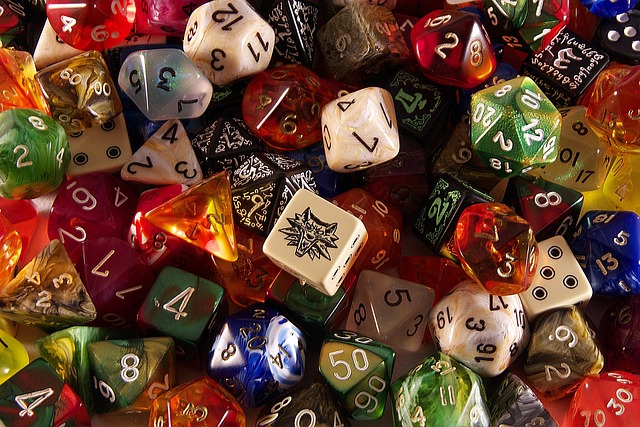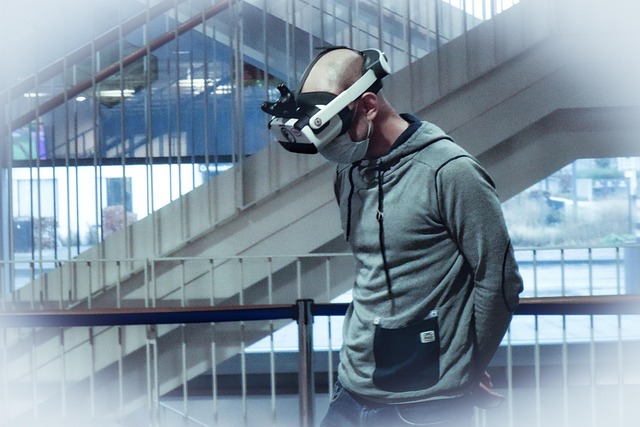The Ultimate Guide to Role-Playing Games in eSports and Gaming Platforms
Role-playing games (RPGs) have evolved into a dynamic and vibrant genre within the gaming ecosystem, becoming an essential component of both casual and competitive gaming. This blog post examines the significance of RPGs in eSports and various gaming platforms, highlighting their ability to connect players through shared experiences and competitive spirit.
The Role of RPGs in eSports
eSports has transformed the landscape of competitive gaming, and role-playing games are no exception. While traditional eSports titles often focus on first-person shooters or real-time strategy games, many RPGs now embrace competitive elements, offering a platform for players to showcase their skills on a global stage. Titles like Genshin Impact and Final Fantasy XIV have not only elevated storytelling and character development but also introduced competitive features such as timed events, ranking systems, and community tournaments.
Participating in RPG eSports events extends beyond merely playing for fun; it fosters a sense of community and camaraderie among fans and players alike. Gamers who come together to enjoy their favorite RPGs often find that their shared passion creates lasting friendships, enriching their gaming experience.
Exploring RPGs Across Gaming Platforms
The rise of RPGs on gaming platforms has been remarkable. With the explosion of mobile gaming, titles like Raid: Shadow Legends prove that RPGs are no longer confined to consoles and PCs. These mobile games encourage on-the-go gaming, allowing players to engage in their favorite worlds wherever they are. Additionally, cloud gaming platforms such as Xbox Cloud Gaming and Google Stadia have made RPGs more accessible, enabling gamers to jump into long-awaited adventures without needing high-end hardware.
Moreover, the diverse array of platforms means that RPGs can cater to varying play styles. For those who prefer immersive single-player experiences, franchises like The Witcher and Elder Scrolls offer rich narratives and expansive worlds. Conversely, multiplayer titles such as World of Warcraft or Monster Hunter: World emphasize collaboration, fostering teamwork as players embark on quests together.
The Emotional Connection to RPGs
What makes role-playing games truly special is their ability to evoke a wide range of emotions. Players often find themselves deeply invested in their characters’ journeys, celebrating victories and mourning losses as if they were their own. The character customization and narrative choices that RPGs provide allow players to see themselves reflected in the game world, forging strong emotional ties. This communal experience is further amplified in eSports, where shared victories or defeats resonate with fellow players.
As the eSports scene continues to grow, it’s clear that RPGs will play a critical role in shaping its future. They highlight the importance of storytelling, collaboration, and skill, turning casual gamers into passionate competitors. As platforms evolve and new titles emerge, there is no doubt that role-playing games will remain at the forefront of the gaming experience, enticing players to dive deeper into their virtual worlds.


